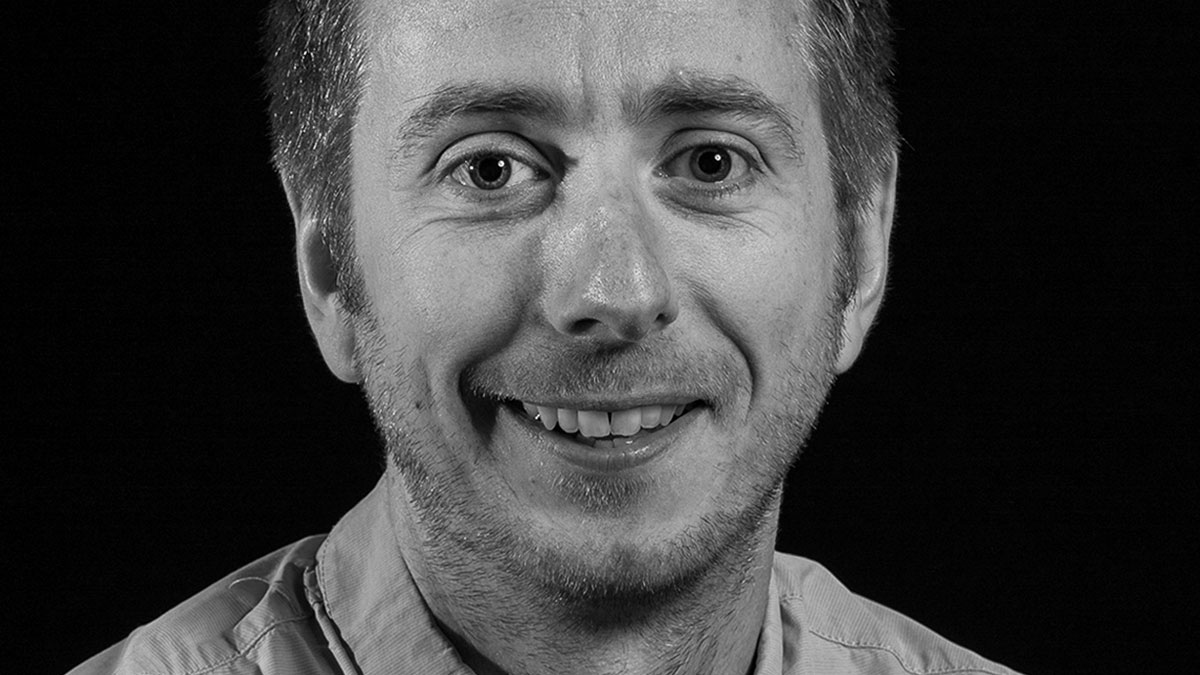Mark Dallas

-
+44 (0) 118 378 5203
-
Associate Professor
- PM1PCOL1 Principles of Drug Action module convenor
- Pharmacy Applicant Engagement and Student Recruitment Lead
- Editorial Board Member British Journal of Pharmacology
- Associate Editor Neurological Drugs (Frontiers)
- STEM ambassador
- ARUK Thames Valley Research Network Member
Research projects
A range of projects are available within this laboratory in which opportunities for PhD projects exist, focusing on the regulation of glial function utilising primary cell culture and brain slicemodel systems. These studies focus on ion channels and neurotransmitter transporters that may be potential substrates for the gasotransmitters.
A PhD in this clinically important area of neuroscience research will provide specialist training in neurobiology, electrophysiology and a broad training in cell biology approaches. While specific projects will be advertised, expressions of interest from government or self-funded candidates are always welcome.
Background
Neurodegenerative diseases include a number of disorders that have different symptoms and effects, all of which act through the mechanism of compromising the brain's capacity to control itself or the body by damaging cells known as neurons that facilitate normal brain function. Various cellular proteins are involved in regulating normal physiological function including ion channels and neurotransmitter transporters. These complex proteins are expressed in various cell types within the central nervous system and are influenced by a host of endogenous and exogenous signalling molecules. Active research into these proteins is important as they underlie a host of pathological conditions, including neurodegenerative diseases. My research primarily uses electrophysiological techniques coupled with molecular biology experiments to further our understanding of ion channel and transporter physiology within the central nervous system, specifically glial cell contributions.
I am also interested in the so called gasotransmitters and their actions as key signalling molecules in both the cardiovascular and nervous systems. These molecules (nitric oxide, carbon monoxide and hydrogen sulfide) are generated throughout the body and can either be toxic or protective to cells. A growing body of evidence suggests that these gasotransmitters regulate cellular signalling cascades by targeting specific ion channels and that this can dictate toxicity vs protection. My focus here is to understand how these gasotransmitters influence a range of cellular functions and be potentially used as neuromodulatory agents.
Watch this video to find out about dementia research at the University.
See Dr Dallas's public lecture: Brain Glue - Sticking it to DementiaResearch in the lab is generously funded by The Royal SocietyThe Physiological Society The Alzheimer's Association and Alzheimer's Research UK